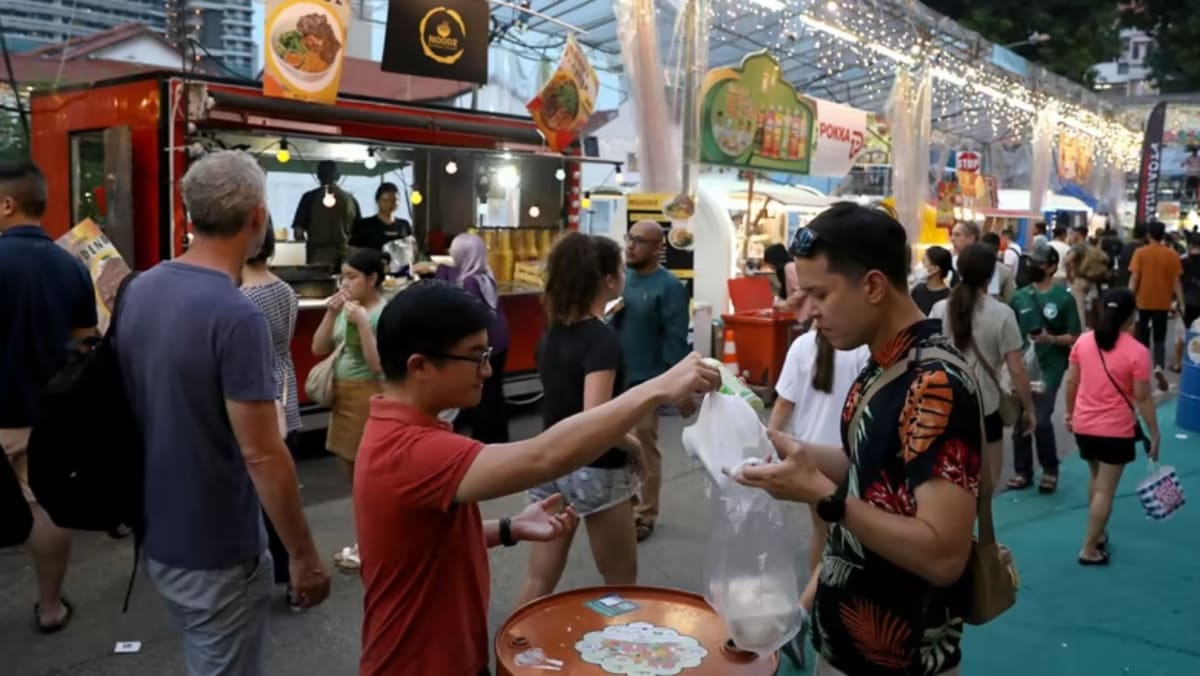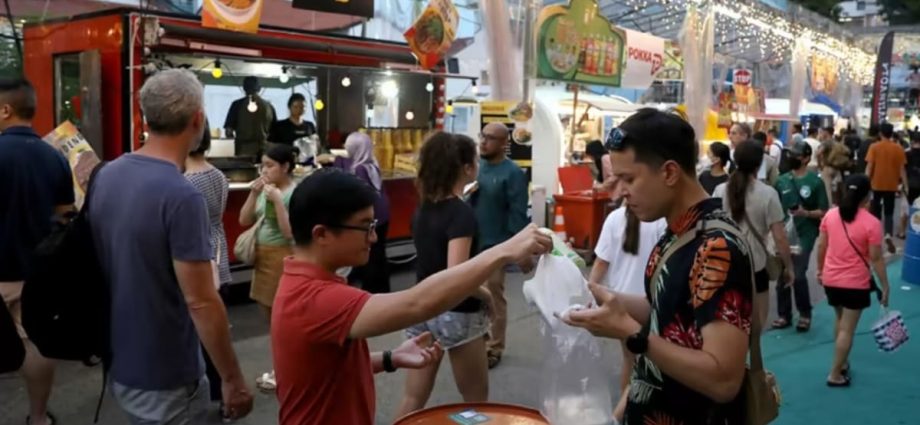
ARE PASAR MALAM A RELIC OF THE PAST?
But since the turn of the millennium, the allure of pasar malam seems to be diminishing against the rise of air-conditioned malls. The markets were forced to close during the pandemic in 2020. When they finally returned in 2022, they opened to a post-pandemic world transformed by digitalisation.
Consumers have evolved. Many are going online for better bargains and have grown used to the comforts of food delivery.
But the pasar malam has not evolved alongside consumers. Friends tell me that its food offerings are homogenous today, while products are too pricey and not well curated. Although some bazaars offer rides and carnival games, they pale in comparison to those at theme parks and arcades.
Driven by a sense of nostalgia, I still take my children to the pasar malam occasionally, but it is hard not to see how they are fast losing their relevance in modern Singapore.
Yet perhaps this is not the only way forward for our beloved night markets of old. Indeed, even today, famous markets in other parts of Asia such as the Shilin Night Market in Taipei and the Chatuchak Market in Bangkok continue to draw crowds, despite the proliferation of malls and e-commerce.
Air conditioning is good, but consumers are always looking for new experiences. So perhaps our night markets simply need to offer more diversity beyond the standard Thai milk tea, Ramly burgers and cheap knockoffs.
If rentals could be kept affordable, pasar malam would also make a great incubation ground to test out new food and lifestyle concepts, or support the existing e-commerce sites of home-bakers and small businesses.
Indeed, as a food and shopping haven, Singapore would benefit from preserving our street food and shopping. It would be a great pity if our future children would only be able to experience cultural events at theme parks, and street food at the basement of a mall.
Annie Tan is a freelance writer based in Singapore.

